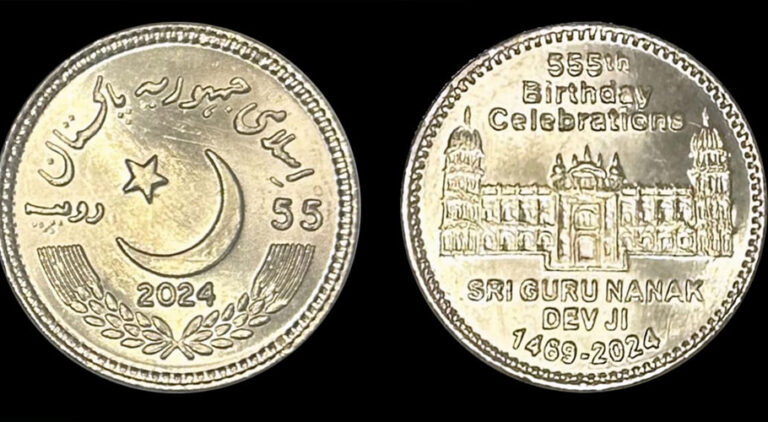Govt rejects plan to cut power tariffs by Rs4, citing Rs1.8 trillion circular debt constraints
The government has rejected a proposal to cut electricity prices by about Rs 4 per unit, thereby increasing public debt through the retirement of Rs 1.8 trillion in revolving credit. This decision indicates the limited financial space available for substantial consumer relief.
According to a news release, the Power Division had proposed to pay Rs 1.8 trillion owed by independent power producers (IPPs) and government-owned plants by issuing Pakistan Investment Bonds (PIBs) at a fixed five-year interest rate or through Islamic bonds. go This strategy would have eliminated the debt servicing surcharge of Rs 3.80 per unit on electricity bills.
Surcharges collected to pay interest on outstanding liabilities, particularly the Rs 390 billion owed on Chinese power plants, contributed Rs 335 billion to revenues during the last financial year. However, the finance ministry opposed shifting the burden to the federal government’s books, citing unresolved inefficiencies in the power sector, including line losses, theft and low recovery.
In the first quarter of FY2024-25, grid electricity demand fell by 8%, leading consumers to switch to rooftop solar panels to offset high electricity costs, taxes and surcharges. Including is around Rs 65-70 per unit.
The finance ministry added that these systemic inefficiencies have increased the revolving debt, which has reached Rs 2.4 trillion, of which Rs 1.8 trillion accrues interest. Despite the involvement of law enforcement agencies, theft and recovery losses are likely to rise to Rs 637 billion this fiscal year, up from Rs 591 billion last year.
Efforts to renegotiate the terms of the energy debt with China, including rescheduling payments and shifting obligations from USD to yuan, have also failed. Chinese companies have refused to change the agreed terms on profit and idle capacity payments, due to which Pakistan is unable to finalize the Memorandum of Understanding (MoU) during the recent visit of the Chinese Prime Minister. .
With energy debt repayments of $2 billion this fiscal year, Pakistan continues to negotiate with local power plants under the 2002 policy to potentially reduce tariffs by Rs 2-3 per unit. . However, the challenge of systemic inefficiencies remains a significant obstacle to any meaningful tariff reduction.





